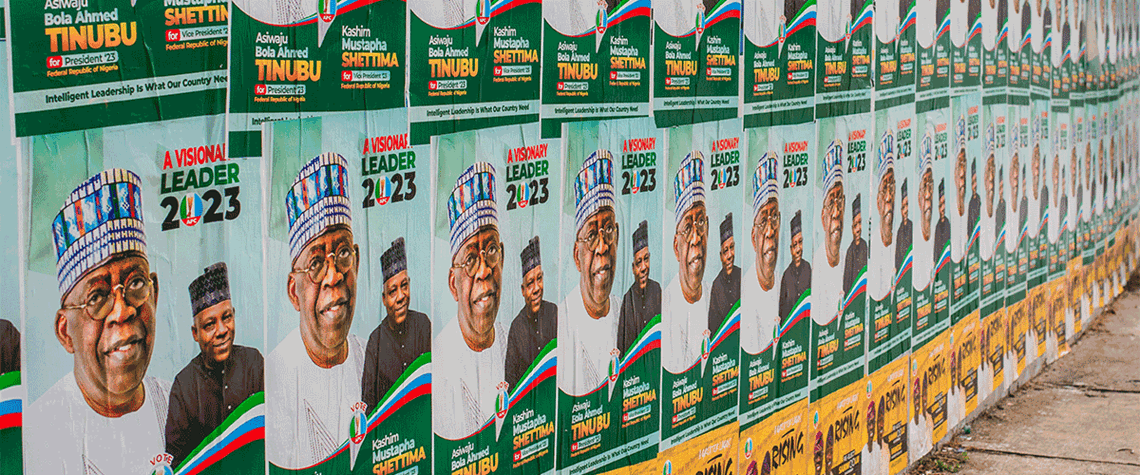Nigeria heads for crucial elections
The country’s next president faces an uphill battle to revive the struggling oil and gas sector
Recent years have not been kind to Nigeria’s oil industry. New investment has slowed to a trickle amid a seemingly never-ending struggle with pipeline vandalism and oil theft. International players have largely divested onshore assets, preferring the relative safety of offshore fields. Production fell below 1mn bl/d last August, its lowest level for over 30 years. President Muhammadu Buhari has been unable to halt the industry’s decline during his eight years in power, although he did secure the passage of major regulatory reforms in 2021. The 80-year-old Buhari is now preparing for retirement; Nigerians will go to the polls to elect his successor on 25 February. The leading candidates inclu

Also in this section
26 July 2024
Oil majors play it safe amid unfavourable terms in latest oil and gas licensing bid rounds allowing Chinese low-ball moves
25 July 2024
Despite huge efforts by India’s government to accelerate crude production, India’s dependency shows no sign of easing
24 July 2024
Diesel and jet fuel supplies face a timebomb in just four years, and even gasoline may not be immune
23 July 2024
Rosneft’s Arctic megaproject is happening despite sanctions, a lack of foreign investment and OPEC+ restrictions. But it will take a long time for its colossal potential to be realised







